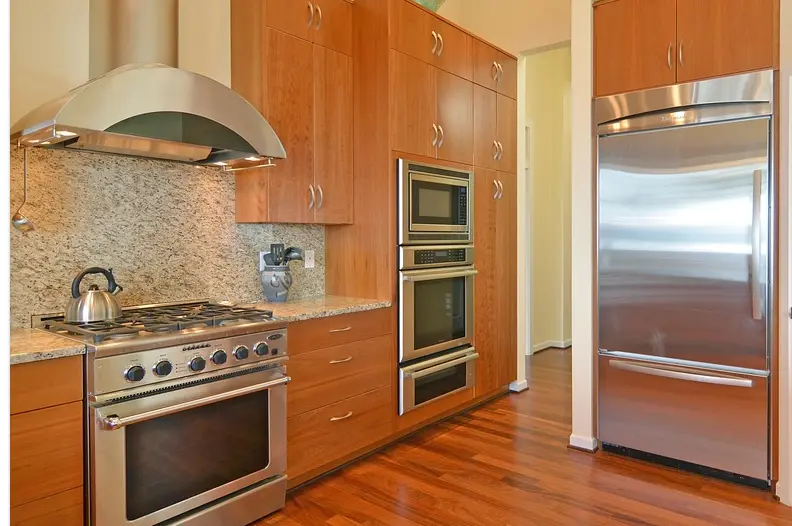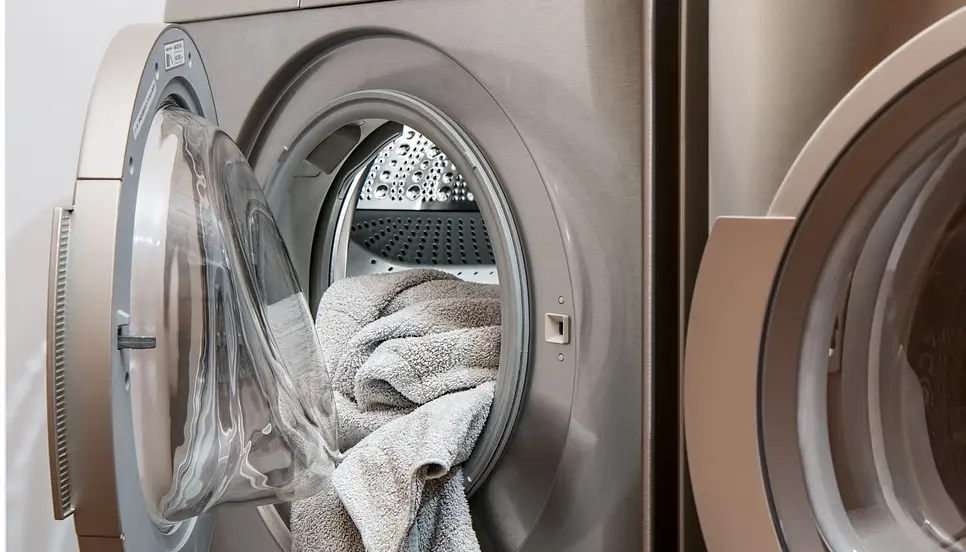Are Your Residents Inadvertently Damaging Your Appliances?
Renting single-family homes can be a profitable business. But as investment property owners know, doing so comes with a certain amount of wear and tear on the home, both inside and out. When it comes to appliances, simply using them as intended will, over time, cause them to wear out. But sometimes, residents may inadvertently damage a rental home’s appliances through the fact that multiple people are using them in this situation or even neglect or misunderstanding. Understanding the most common ways an appliance is misused can help you educate your residents and extend the useful life of each appliance.

While residents often place quality appliances high on the list of reasons to rent a home, what they may not know is how to properly take care of those appliances. Refrigerators, dishwashers, washers, and dryers need maintenance, just as any other aspect of a rental home does. By failing to perform needed maintenance or by unknowingly misusing these appliances, your resident could inadvertently damage them and create an otherwise preventable (and expensive) situation for property owners. For example, what’s inside the refrigerator often gets far more attention than what’s going on underneath. The refrigerator uses condenser coils to run 24 hours a day, every day, making it one of the hardest-working appliances in the home. But unless those coils are cleaned regularly, an appliance that should last for many years may start to fail after only a few. Simply vacuuming or cleaning the coils with a brush once or twice a year can significantly extend the life of a refrigerator. Similarly, cleaning the gasket (rubber seal on the doors) can ensure a tight seal and more efficient operation.
The dishwasher is another heavily used appliance that often suffers from neglect or misuse. Making sure your residents are rinsing their dishes before loading them into the dishwasher can help keep it from breaking down. If your dishwasher has a manual filtering screen, it should be cleaned regularly. The dishwasher itself should also be cleaned 2 to 4 times a year by running an empty cycle with a dishwasher cleaner or a cup of vinegar. This helps keep the sprayers working properly and the drains free of blockages. Washers and dryers are perhaps the most prone of all the appliances to break down.

Washing machines can be subject to high levels of wear and tear if residents are washing loads that are too large or are using too much soap. Trying to wash too many clothes at once adds extra weight that can damage the machine, and too much soap can leave a residue that is bad for many of the machine’s components; over time, they will start to fail. Dryers can break down if not cleaned regularly, which means both the lint filter and the dryer vent itself. The entire venting system, including where the vent meets the outside wall of the home, should be cleaned with a vent brush at least once a year; while the lint filter should be cleaned with soapy water and rinsed and dried every quarter. To get the most from your rental home’s appliances, it’s important to ensure that they are being used and maintained properly. This is where Real Property Management can help. We perform regular property evaluations that include checking and cleaning appliances, as well as educating residents on their proper use and care. Avoid expensive repairs and keep your appliances working better longer by trusting the property management experts.
We are pledged to the letter and spirit of U.S. policy for the achievement of equal housing opportunity throughout the Nation. See Equal Housing Opportunity Statement for more information.
Get the Neighborly App
In addition to Real Property Management's expert skills in managing your rental property, you can utilize Neighborly's other brands to maintain and enhance your home. Use the Neighborly App to get connected to local home service professionals. Download and receive offers only available on the App.
Depending on current health and safety regulations in your area, some of the services mentioned in this post may not be available. Neighborly service providers will follow the latest health and safety guidelines provided by the local and state governments. Please check with your local Neighborly service provider for details at the time you need service(s).






